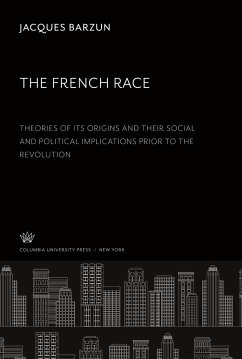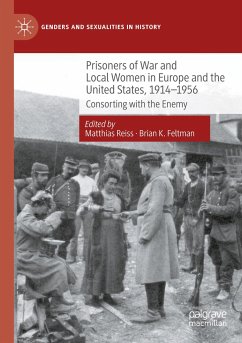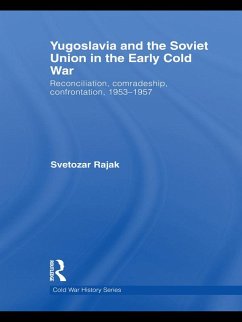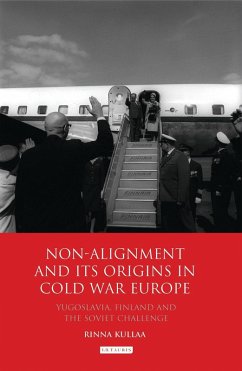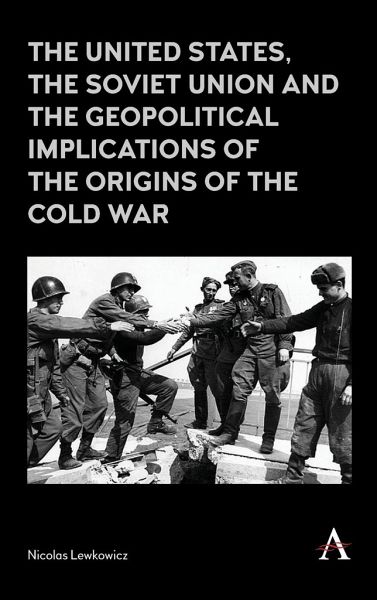
The United States, the Soviet Union and the Geopolitical Implications of the Origins of the Cold War
Versandkostenfrei!
Versandfertig in 1-2 Wochen
117,99 €
inkl. MwSt.
Weitere Ausgaben:

PAYBACK Punkte
59 °P sammeln!
'The United States, the Soviet Union and the Geopolitical Implications of the Origins of the Cold War, 1945-1949' examines the geopolitical implications of the process of institutionalization of the international order that took place in the aftermath of World War Two. The book argues that the origins of the Cold War should not be seen from the perspective of a magnified spectrum of conflict but should be regarded as a process by which the superpowers attempted to forge a normative framework capable of sustaining their geopolitical needs and interests in the post-war scenario.





